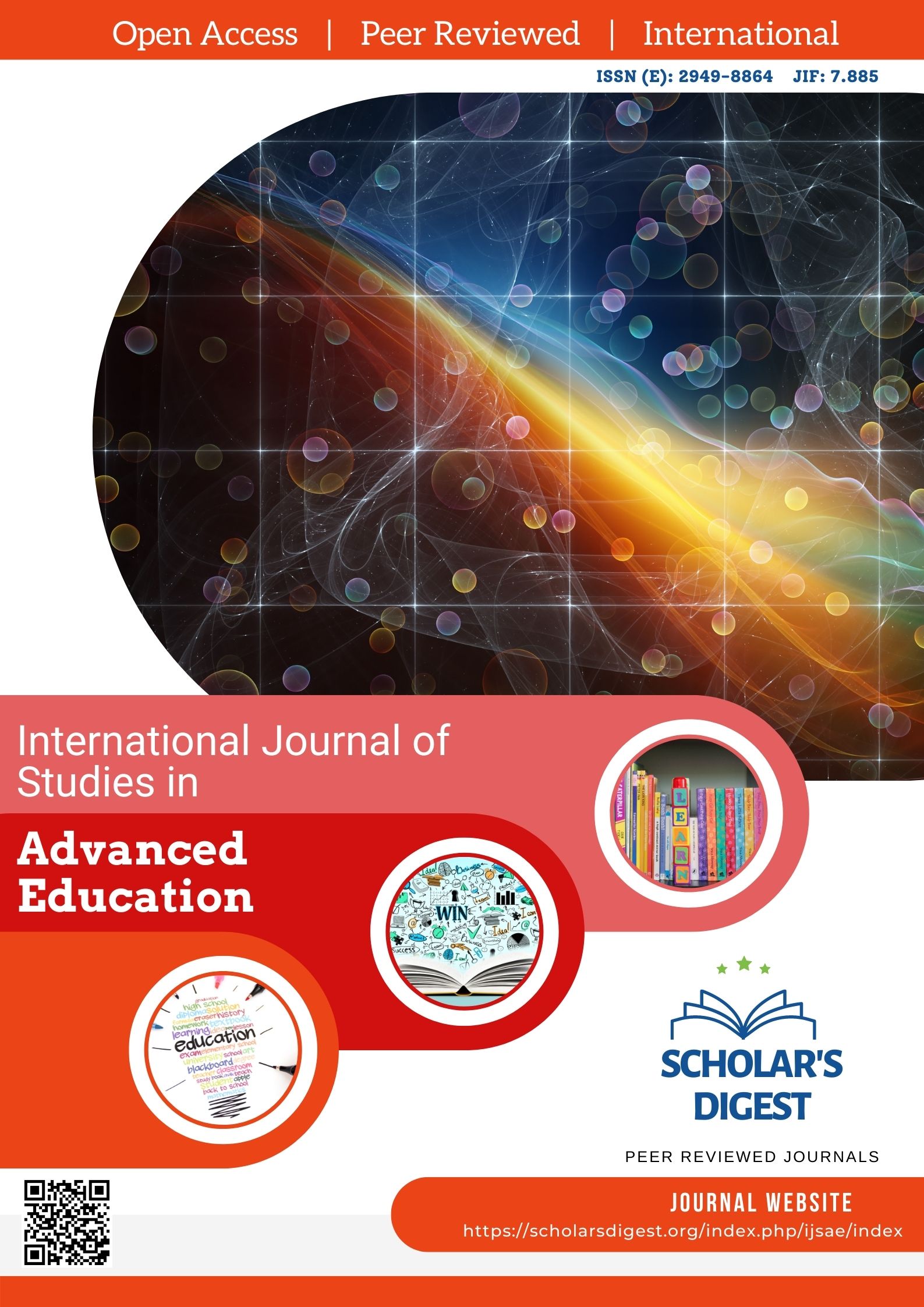THE EFFECT OF THE SUSTAINABLE LEARNING MODEL ON DEVELOPING MOTIVATION AND SELF-DISCIPLINE AMONG FIRST-YEAR MIDDLE SCHOOL STUDENTS IN BIOLOGY
Keywords:
Sustainable learning, achievement, first-year middle school students, biology, self-discipline.Abstract
The research aims to identify the effect of the sustainable learning model in developing motivation and self-discipline among first-year middle school students in biology. The experimental design was chosen with two groups: experimental and control, with a post-achievement test and a self-discipline scale. To achieve the research objective, a deliberate sample of (60) students was chosen and distributed into two research groups The number of students in the experimental group was (30) students and the number of students in the control group was (30) students, and equivalence was carried out between the students of the two research groups with the following variables:(chronological age calculated in months, intelligence test, previous achievement in chemistry, self-discipline scale) in the second semester of the academic year (2024-2025) AD, as the researcher determined the academic subject that During the experiment period, which is four chapters, the first of the biology book for the first intermediate grade will be studied. The researcher formulated the behavioral objectives for the topics that he will study. They were (180) behavioral objectives according to Bloom’s levels (remembering, understanding, application, analysis, synthesis, evaluation). The researcher prepared (48) daily plans for teaching the two research groups and presented a model of them to a group of The arbitrators to know its validity and suitability for first-year middle school students, and to achieve the research objective, the researcher prepared the research tools, the achievement test consisting of (35) objective paragraphs with four alternatives, the self-discipline scale consisting of (56) paragraphs, and its apparent validity was extracted by presenting it to a group of arbitrators in education and teaching methods of biology, and also the validity was extracted The content was determined in light of the test’s conformity to the content that was studied. The strength, difficulty coefficient, and effectiveness of the wrong alternatives were also calculated for each paragraph of the test and scale using appropriate statistical methods. Reliability was extracted using the Kuder-Richardson equation 20, and the Cronbach’s alpha coefficient scale. After analyzing the results statistically using the t-test for two samples Independent (for the achievement test, self-discipline scale) The results showed that the experimental group that studied using the sustainable learning model outperformed the control group that studied using the traditional method in the achievement test and the self-discipline scale .
Downloads
Published
Issue
Section
License

This work is licensed under a Creative Commons Attribution-NonCommercial 4.0 International License.








